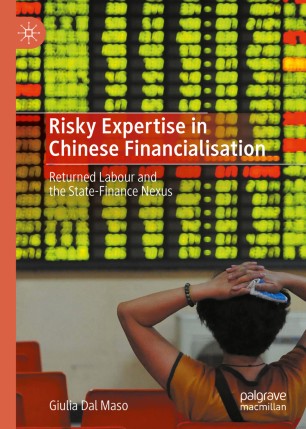

Most ebook files are in PDF format, so you can easily read them using various software such as Foxit Reader or directly on the Google Chrome browser.
Some ebook files are released by publishers in other formats such as .awz, .mobi, .epub, .fb2, etc. You may need to install specific software to read these formats on mobile/PC, such as Calibre.
Please read the tutorial at this link: https://ebookbell.com/faq
We offer FREE conversion to the popular formats you request; however, this may take some time. Therefore, right after payment, please email us, and we will try to provide the service as quickly as possible.
For some exceptional file formats or broken links (if any), please refrain from opening any disputes. Instead, email us first, and we will try to assist within a maximum of 6 hours.
EbookBell Team

4.0
36 reviewsThis book focuses on the subjectivities of stock market investors to explore tensions within the Chinese state’s engagement in contemporary financial capitalism. It adopts a genealogical method to investigate how the production of foreign-trained financial experts (haigui) and informal experts (sanhu) points to paradoxes in China’s efforts to cultivate financial expertise. Chinese financialisation relates to the state’s project of financialising human capital in reaction to a contractualised labour market and the vanishing welfare state. Through ethnographic inquiry, Dal Maso shows the Chinese stock markets are crucial to the new redistributive regime where wage labour risks losing its primacy. Here, one can observe how the relationship between money and wages in China is being reworked and witness the development of a new economic order in which the state’s legitimacy becomes increasingly dependent on its capacity to jiushi–to rescue the market in times of crisis.